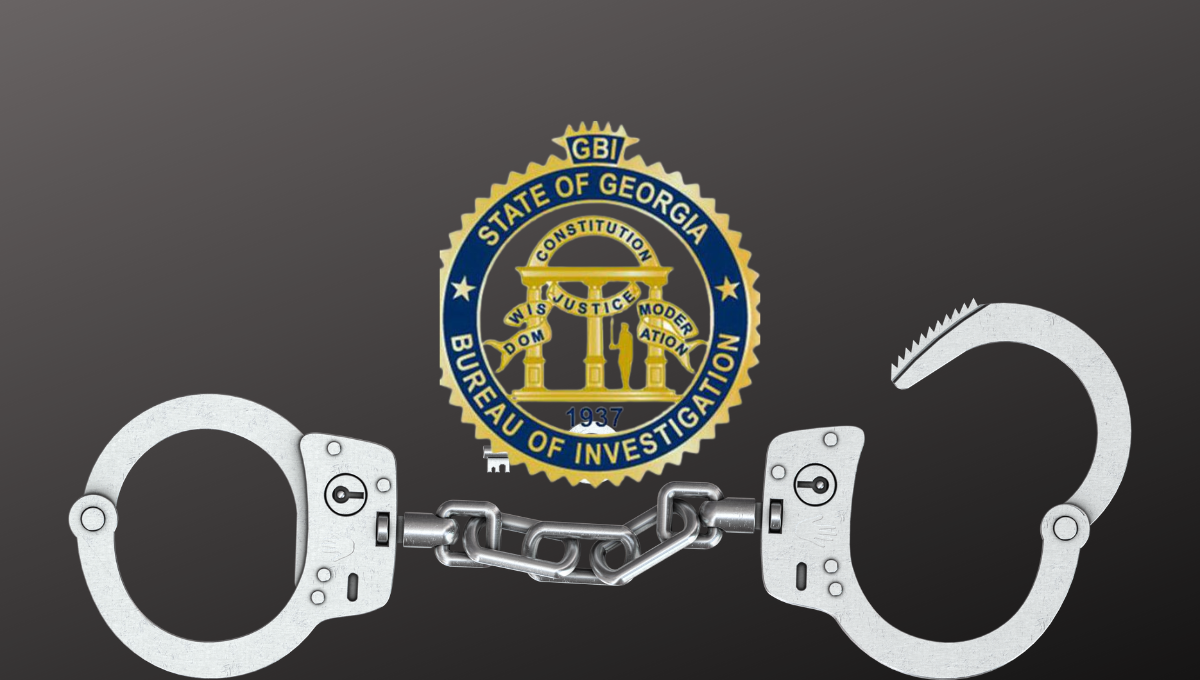The Georgia Supreme Court this week vacated a ruling pertaining to a city police officer who conducted a traffic stop and subsequent search outside of her jurisdiction.
The decision, however, asks the trial court judge in Camden County to further clarify why it granted a previous motion to suppress on the stop.
On February 15, 2020, KPD Officer Graw stopped Middleton’s vehicle while outside Kingsland city limits in Camden County. After smelling the odor of marijuana, Officer Graw conducted a search of Middleton’s vehicle, found a controlled substance, and arrested him. Prior to trial, Middleton asked the trial court to suppress evidence obtained during the search because Officer Graw, as a KPD officer, did not have authority to make a traffic stop outside Kingsland city limits. At a motion-to-suppress hearing, Officer Graw testified that she was employed by both the KPD and CCSO by virtue of having “been deputized by the Camden County Sheriff’s Office since 2013” while riding along with CCSO deputies.
Graw had never worked a paid shift as a CCSO deputy or received a paycheck from the CCSO.
The trial court granted Middleton’s motion to suppress under OCGA §40-13-30, which provides that a municipality’s law enforcement officers lack arrest powers outside of the municipality’s city limits. The trial court also said that the state failed to introduce any evidence about the scope of powers for Officer Graw as a deputy sheriff.
As such, the stop, search, and arrest of Middleton were all no longer valid.
The state appealed to the Court of Appeals, which ruled against the trial court and vacated the motion to suppress. The COA ruling was that Officer Draw’s mere testimony that she was deputized was sufficient evidence for the court to uphold the stop. Middleton then appealed to the Georgia Supreme Court.
This week, the state’s high court reversed the ruling by the Court of Appeals and sided with Middleton. Specifically, the SCOGA said:
- While Sheriff’s have the authority to appoint deputies to act on their behalf at their own discretion, sometimes deputies are sworn in for a more limited role, “such as to work on a particular case or cases.” This has long been the holding of the court, saying back to at least 1895.
- At a minimum, that presumption may be overcome if the party challenging the public officer’s action persuades the court that the person being held out as a purported deputy does not in fact hold that position at the time of arrest.
- “Here, there is no dispute that Officer Graw was deputized in 2013 by the Camden County Sheriff; what is disputed is whether she was still deputized when she arrested Middleton in 2020.”
The key question is thus one of scope: Was Officer Graw deputized for particular cases only, see OCGA § 45-3-7, or was the deputization general in nature? If the deputization was not restricted in scope, this case would present difficult questions about the duration and legal effect of that 2013 deputization, but those questions do not arise if in fact Officer Graw was deputized for particular cases only.
[T]he trial court’s order is ambiguous regarding whether it made a factual finding when it took note of “Officer Graw’s 2013 deputization by the Camden County Sheriff to act as an agent of the CCSO as part of her riding with CCSO deputies at the time.” It is not clear to us whether this statement rests on a factual finding that Officer Graw was deputized only for cases that arose as she was “riding with CCSO deputies,” particularly in light of the trial court’s later statement that “the State has failed to introduce evidence as to the scope and/or content of said deputization.”








One wonders, as a hypothetical exercise, that if someone like Graw had accessed a Sheriff’s Department vehicle from the Dept. parking lot, drove it off the lot, and proceeded to engage in (presumably) “official” activities a sheriff’s deputy does, would the city-cop’s previous “deputizing process” still be applicable?
E.g., “I didn’t steal this SO car, I am a deputized officer OF the department…”